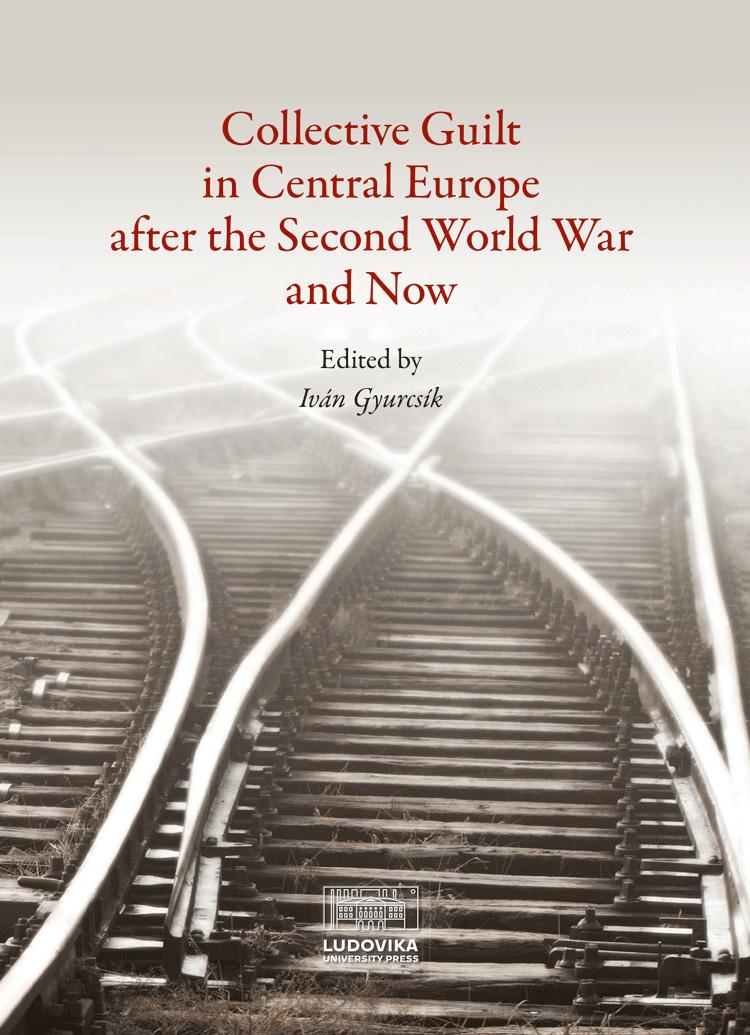The Retributive Justice in Czechoslovakia after WWII and its Impact on Bilateral Relations between Slovakia and Hungary between 1993 and 2023: The Case of the “Beneš Decrees”
Absztrakt
The topic of the article is the role of the so-called Beneš Decrees in the formation of bilateral relations between Slovakia and Hungary, as well as between Slovakia and the members of the local Hungarian minority after 1993. In addition to traditional actors, such as, according to Rogers Brubaker, members of national minorities, their “external homeland” and the country in which they live, these relations are also influenced by integration processes and the action of international institutions, nowadays especially the EU. The EU’s current position is that it regards the resolution of past issues as an internal matter for its member states or for bilateral resolution between individual states. The article points to the fact that although the joint action of Slovakia and Hungary in the EU and in the Visegrád Group has long contributed to the diminishing relevance of controversial issues of the common past, it is the integration processes that may contribute to their re-escalation in the short term. The differentiated expectations of EU membership also affect the quality of bilateral relations of its member states. The relevance of research on post-1993 Slovak–Hungarian relations, based primarily on legal norms but also on statements by representatives of the political elites of both Slovakia and Hungary, has an increasing relevance in the context of the forthcoming further enlargement of the EU to include the states of Southeastern Europe and the former USSR.



.svg)
